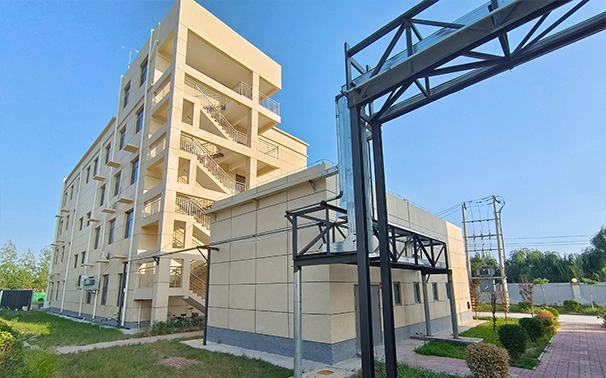Scale and Corrosion Inhibitors - Protect Your Systems from Damage
Scale and Corrosion Inhibitors Essential Solutions for Industrial Water Systems
In many industrial processes, water plays a vital role, serving as a coolant, a transport medium, or a raw material. However, the presence of minerals in water can lead to scale formation, while the water's chemistry can also contribute to corrosion of metal components. Scale and corrosion are significant challenges faced by industries that rely on water systems, such as energy generation, manufacturing, and food processing. To mitigate these issues, the use of scale and corrosion inhibitors is essential.
Understanding Scale Formation
Scale is a hard, mineral deposit that forms when dissolved minerals, such as calcium and magnesium, precipitate out of water under certain conditions, such as high temperatures or changes in pressure. This layer of mineral deposits can accumulate on surfaces such as heat exchangers, boilers, and pipes, leading to reduced efficiency and increased energy consumption. Moreover, as scale builds up, it can restrict flow rates, increasing the workload on pumps and other equipment.
The Dangers of Corrosion
Corrosion is the gradual degradation of materials, particularly metals, due to chemical reactions with their environment. This deterioration can result in structural failures, leaks, and safety hazards, leading to costly repairs and downtime. Corrosive environments can be exacerbated by factors such as oxygen content, pH levels, and the presence of aggressive ions like chloride. Industries with water systems must take corrosion seriously to maintain operational integrity and ensure safety.
Inhibition Methods
scale and corrosion inhibitor

To combat scale and corrosion, various inhibitor chemicals are employed. Scale inhibitors, such as polyphosphates and polycarboxylates, work by interfering with the crystallization process of scale-forming minerals, effectively keeping them dispersed and preventing them from adhering to surfaces. These inhibitors are typically added to the water system in controlled amounts to maintain low levels of scale deposits.
Corrosion inhibitors, including amines and phosphonates, provide a protective barrier on metal surfaces, making them less susceptible to corrosive attacks. By forming a film, these inhibitors can significantly reduce the rate of material degradation. In some cases, cathodic protection methods are also employed alongside chemical inhibitors to enhance protection against corrosion.
Environmental Considerations
As sustainability becomes an increasingly pressing issue, the impact of scale and corrosion inhibitors on the environment cannot be overlooked. Many industries are exploring eco-friendly alternatives that minimize environmental impact without sacrificing performance. Biodegradable inhibitors and those derived from renewable resources are gaining traction, offering safer options for water treatment without harmful side effects.
Conclusion
Scale and corrosion present significant challenges in industrial water systems, affecting efficiency, safety, and operational costs. By utilizing scale and corrosion inhibitors, industries can protect their systems, enhance performance, and extend the lifespan of equipment. However, careful consideration of environmental impacts and the selection of suitable inhibitors is vital to ensure sustainable practices. As technology advances and our understanding deepens, the development of more effective and eco-friendly solutions to combat scale and corrosion will be imperative for the future of industrial operations.
-
Water Treatment with Flocculant Water TreatmentNewsJun.12,2025
-
Polymaleic AnhydrideNewsJun.12,2025
-
Polyaspartic AcidNewsJun.12,2025
-
Enhance Industrial Processes with IsothiazolinonesNewsJun.12,2025
-
Enhance Industrial Processes with PBTCA SolutionsNewsJun.12,2025
-
Dodecyldimethylbenzylammonium Chloride SolutionsNewsJun.12,2025





